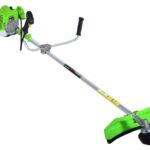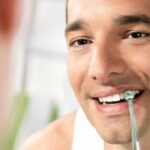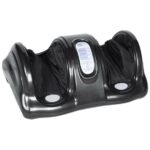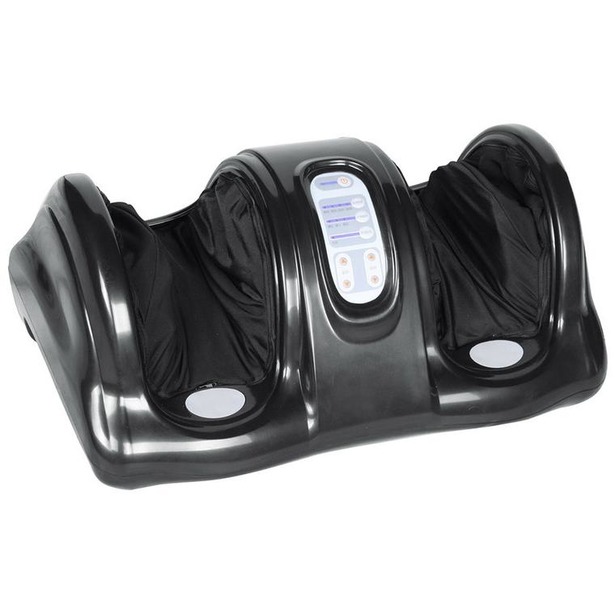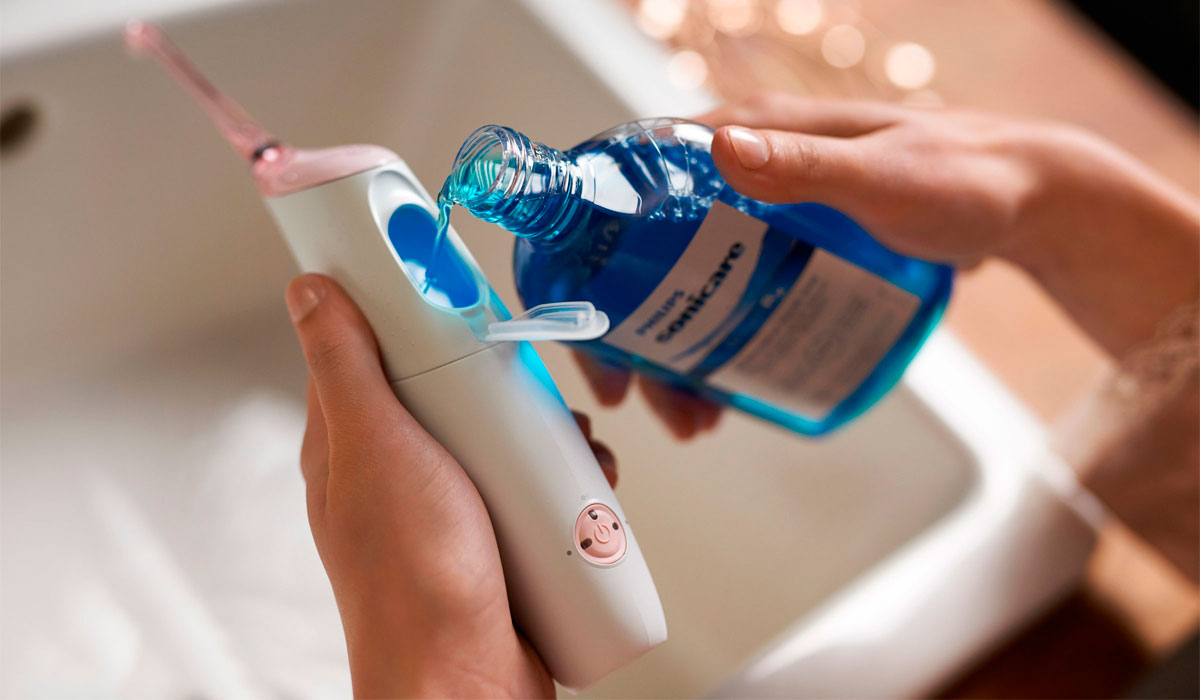Solution for oral irrigator. Which liquid is better to choose?
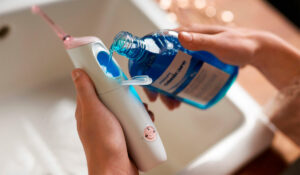
prom.ua
Interested in purchasing an oral irrigator? Don't know what an irrigator is? Are you interested in how an oral irrigator works, what liquids can be poured into the irrigator, and what types and types of irrigator liquids exist? Do you want to know which irrigator solutions are best? Then read on.
Irrigator – what is it and what is its principle of operation. An irrigator is a device for removing a layer of plaque from teeth. Used in dentistry and at home by the users themselves. Teeth cleaning occurs by supplying a jet of water/other liquid under pressure through a special head. To avoid damaging your gums, you can adjust the pressure of the fluid supplied.
There is a mechanism inside the device that pumps water and then delivers it under pressure. Such a stream of liquid (it can be water or special/medical solutions) washes away most bacteria and microorganisms from the surface of teeth, gums, tongue and contact points. Medicines are poured into the device in the form of a solution with water. Different ratios for different products. They are indicated on the packaging or instructions for the product, but usually it is somewhere around 1 to 10, where 10 is the water ratio.
What liquids can be poured into an oral irrigator.You can pour mouth rinse into the mouth irrigator (either home-made or factory-made, but the product should not contain solid elements, so before using homemade rinses, you should strain them), plain water (using regular running water may clog the irrigator , clog, therefore, before pouring tap water into the irrigator, it must be thoroughly filtered or boiled and cooled) and medical products for cleaning the mouth (mix with water in the proportion indicated on the packaging/instructions).
It is prohibited to pour pure chlorhexidine into an oral irrigator - too much concentration of the substance will affect the performance of the device. But chlorhexidine is included in many medical products.
Types and types of liquids/solutions for irrigator. All irrigator liquids can be divided into three types:
- Specialized (professional). Medicines that are prescribed by a doctor usually during the rehabilitation period after oral surgery. A high concentration of antiseptic and bioactive substances leads to a therapeutic effect. Long-term exposure will affect the patient's health. Not used for prophylactic purposes. They are found only in hospital settings.
- Homemade. Publicly available products with low concentrations of antiseptic and bioactive substances. Because of this, they can be used without a doctor’s prescription as a preventive measure and for daily use. Also used to treat minor injuries/diseases in the mouth. They are found in dentists and in users’ homes.
- Made by yourself. Generally the least common and least effective mouth rinses. They are made independently on the basis of medicinal herbs and other plants.Can be used as a secondary treatment. It is recommended to consult your dentist for advice before using them. Found only for home use.
By type, irrigator solutions are divided into 4 groups:
- For prevention. Liquids for daily use to prevent the development of pathological diseases. They kill harmful microorganisms with the help of active substances included in their composition. Low concentration active substances. It also contains substances to saturate the surface of the teeth with essential minerals.
- For disinfection. Products whose main component is an antiseptic. It either does not contain alcohol or contains a low percentage of it. The antiseptic is safe for the oral cavity. Such liquids are needed for prevention, treatment before/after surgery, etc. They kill almost all bacteria, viruses and other microorganisms in the mouth.
- For odor/deodorizing. Needed for fresh breath and daily oral care. Produced on the basis of mint, menthol or their substitutes.
- Therapeuticallye. They are most often represented by professional, sometimes homemade liquids. They contain fluorine, calcium, minerals and other components. Used to treat serious dental diseases, strengthen enamel, and remineralize bone tissue.
Top 5 best liquids for irrigator:
Waterdent
Liquids from this manufacturer occupy first place in the top due to their availability, functionality and effectiveness. The composition includes fluorine, xylitol, minerals, a small concentrate of bischofite with chlorhexidine.The product can be used for both prevention and treatment of minor dental diseases. Can be used if you have dentures or other dentures. An additional advantage is the pleasant smell.
Donfeel
The line of oral balms from Donfeel is varied - there are specialized (to prevent gum bleeding, strengthen enamel) and preventive (for herbal care). The products contain no fluoride or alcohol, so everyone can take it, even children. An additional plus is that each product has models for different teeth/gums in terms of sensitivity. There are no cons.
Peridex
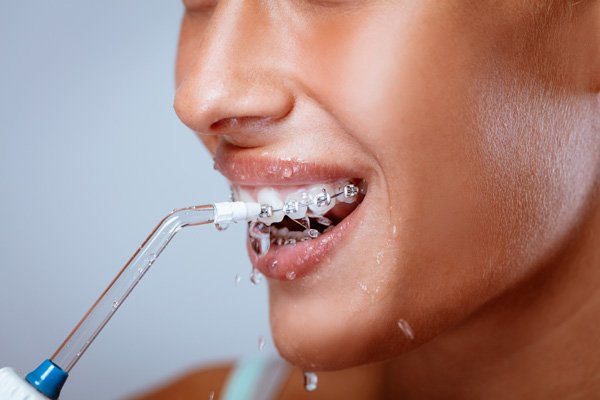
prom.ua
Professional line of liquids for therapeutic use. Most often used before/after surgery in the mouth. A professional product with a high content of chlorhexidine at 2 tenths of a percent. Recommended by dentists as the best remedy with an antibacterial effect.
Albadent
Universal preventive products for irrigators. They contain minerals, medicinal plants and herbs, and biologically active substances. There are liquids for different purposes - teeth whitening, prevention, plaque removal, getting rid of unpleasant odors. There are models for different teeth and gums sensitivity. Your tongue may tingle after use.
Irix
The manufacturer produces a line of highly concentrated liquids for irrigators with a healing effect. It should be diluted with water in a ratio of 1 to 11 (11 is water). Balms disinfect the oral cavity, prevent the development of caries, bleeding gums and eliminate bad breath. Some models contain fluoride and menthol. There are no cons.

